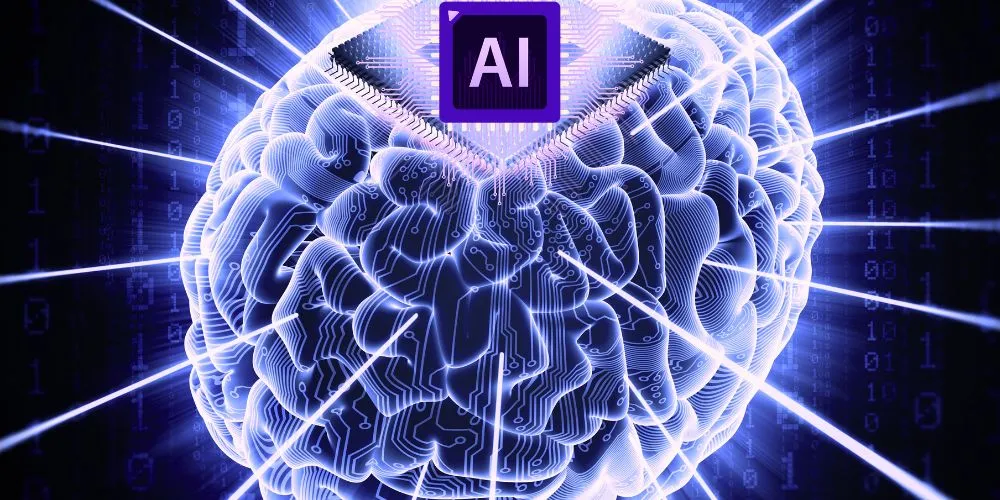Key Points
- Artificial Brain Implants (ABIs) promise to enhance cognitive functions, treat neurological disorders, and revolutionize human-machine interfaces.
- ABIs aim to communicate directly with the brain’s neurons, enabling responsive, nuanced interactions beyond traditional brain-machine interfaces.
- Beyond medical use, the technology could enhance memory, learning, and skills, creating new pathways for knowledge and skill acquisition.
- Balancing the potential of ABIs with privacy and ethical standards will be crucial for safe societal integration.
In a groundbreaking leap forward, neuroscience is on the verge of a transformative era with the development of Artificial Brain Implants (ABIs). These implants, designed to seamlessly integrate with the human brain, promise to enhance cognitive capabilities, treat neurological disorders, and even unlock new frontiers in human-machine interfaces.
Scientists and engineers working on ABI technology are focused on creating sophisticated neural interfaces that can communicate with the brain’s intricate network of neurons. Unlike traditional brain-machine interfaces, ABIs aim to mimic the complexity of the human brain, offering a more nuanced and responsive interaction.
One key objective of artificial brain implant research is to develop implants that can restore or augment cognitive functions. This has profound implications for individuals with neurological conditions such as Alzheimer’s, Parkinson’s, or paralysis. ABIs could potentially restore memory, mitigate the effects of movement disorders, or even enable paralyzed individuals to control prosthetic limbs with unprecedented precision.
The core technology behind ABIs involves using advanced sensors, neural probes, and miniaturized electronics. These components are carefully engineered to interact with neurons, allowing bidirectional communication between the artificial implant and the brain. Machine learning algorithms play a crucial role in adapting and optimizing the interface over time to better align with the user’s neural patterns.
The potential applications of ABI technology extend beyond medical interventions. Researchers envision a future in which individuals can enhance their cognitive abilities, memory, and learning through brain implants. This could revolutionize education and skill development, offering a direct neural pathway for knowledge transfer.
As with any groundbreaking technology, ethical considerations and privacy concerns accompany the development of artificial brain implants. Striking a balance between unlocking these implants’ full potential and ensuring users’ security and privacy will be critical to their social integration.
While ABI technology is still in its early stages, the rapid pace of advancement suggests a future in which artificial brain implants become commonplace. As researchers continue to unravel the mysteries of the human brain and refine the capabilities of ABIs, we stand at the cusp of a new era in which the boundaries between human cognition and artificial intelligence blur, opening unprecedented possibilities for humanity’s future.





